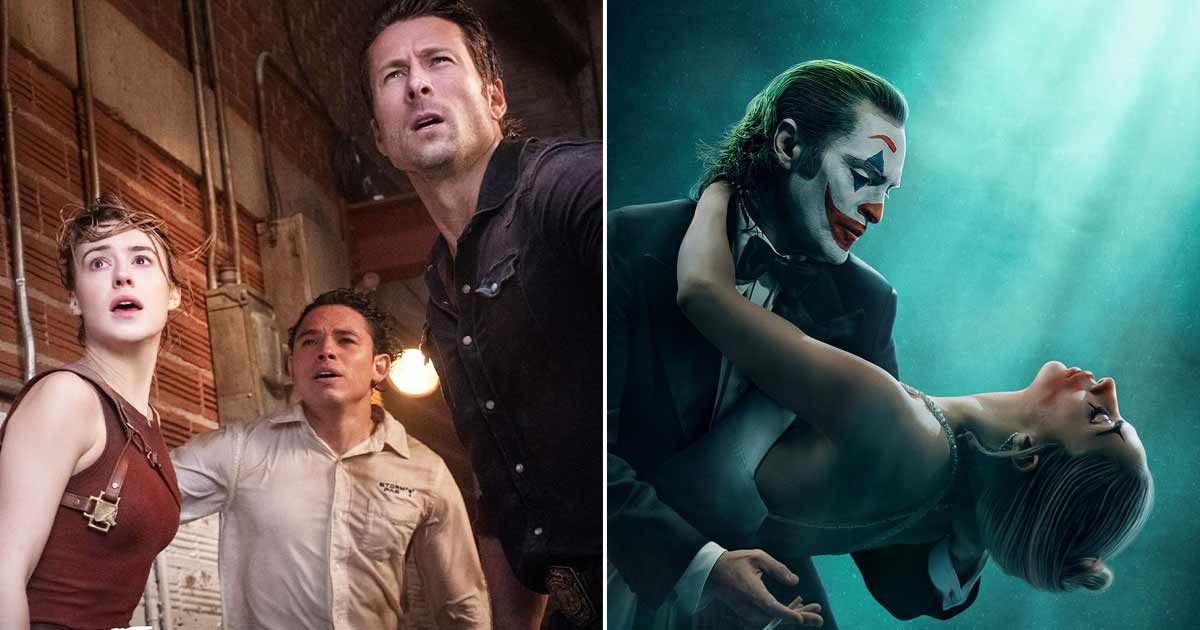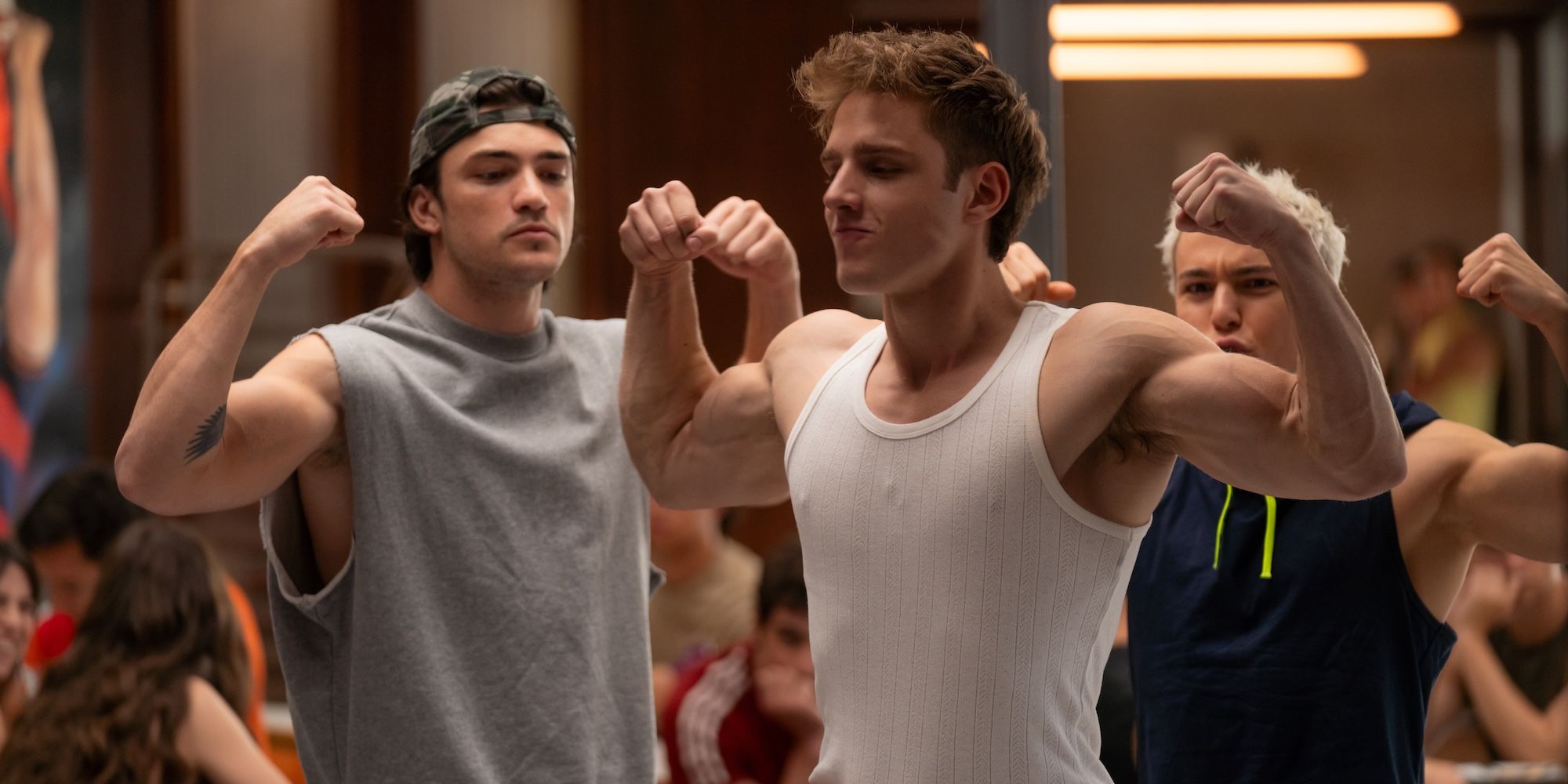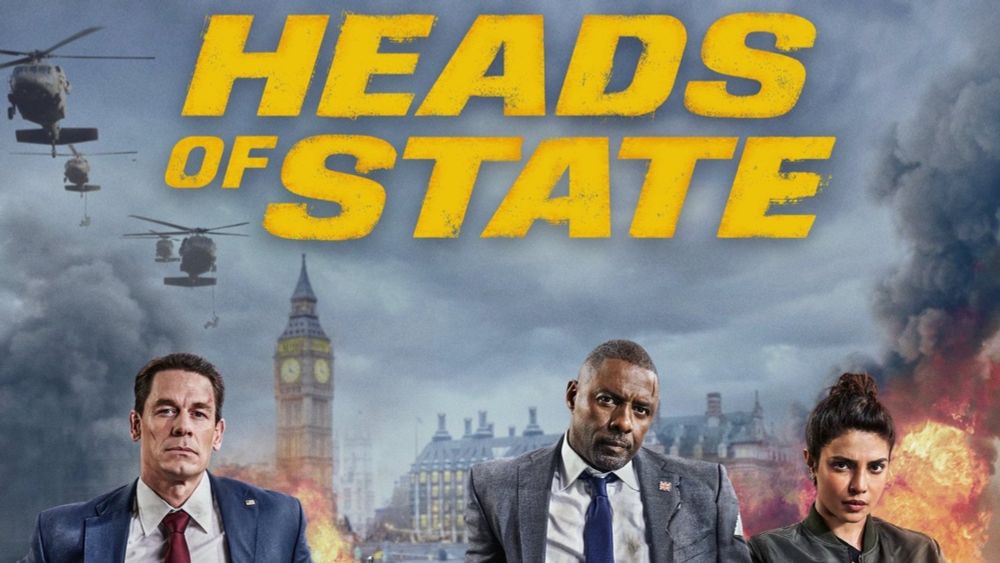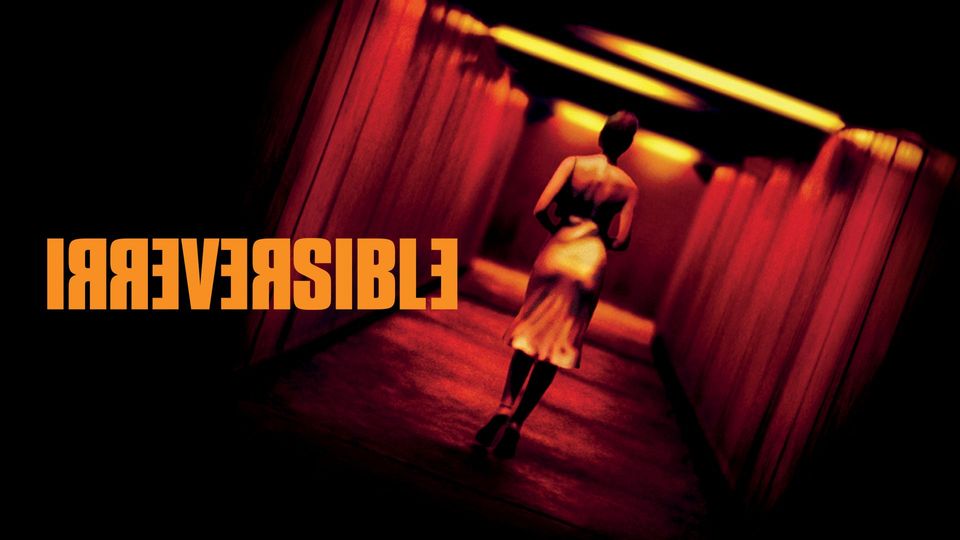Blockbuster – A Nostalgic Love Letter to Video Culture
“Blockbuster” is a heartfelt and humorous dive into the past, paying tribute to an era when renting movies meant going to a physical store and browsing shelves full of VHS tapes and DVDs. Released as a comedy-drama television series, Blockbuster centers around the last remaining Blockbuster Video store in America and the eclectic group of employees trying to keep it alive in the streaming-dominated modern world. Created by Vanessa Ramos, known for her work on Brooklyn Nine-Nine and Superstore, the show mixes workplace comedy with cultural nostalgia, creating a charming, albeit flawed, tribute to a bygone era.
Set in a small Michigan town, the story follows Timmy Yoon (played by Randall Park), a devoted movie lover and manager of the last Blockbuster store. Timmy is passionate, optimistic, and unwilling to give up on the magic of movie rentals, even as corporate support vanishes. He is joined by a quirky staff that includes his longtime crush Eliza (Melissa Fumero), who is re-evaluating her life after a divorce, and Carlos (Tyler Alvarez), an aspiring filmmaker who dreams of turning his job into something meaningful. Together, they battle the odds of corporate collapse, dwindling customer numbers, and their own personal dramas.

The series leans heavily on nostalgia, drawing viewers in with references to 90s pop culture, classic movies, and the bittersweet experience of visiting a video store. This nostalgic tone is both the show’s biggest strength and its biggest weakness. While it brings warmth and sentimentality, it can sometimes overshadow the story’s emotional depth. The humor is light, often relying on awkward interactions, witty banter, and situational absurdities reminiscent of other workplace sitcoms. The chemistry among the cast members, especially between Park and Fumero, helps give the series its emotional core.
What stands out about Blockbuster is its underlying message about human connection. In a world where digital convenience often means isolation, the show makes a case for community, face-to-face interaction, and the little joys of analog life. The store becomes a metaphor for resisting the cold efficiency of modern capitalism — a place where relationships are formed not just through shared screen time, but through shared moments in the aisles.

However, Blockbuster received mixed critical reception. While many appreciated its heart and concept, others felt that it struggled to find its voice and fell short of the potential seen in its cast and premise. Some criticized the writing as formulaic and the plotlines as predictable, lacking the sharpness and innovation of other successful workplace comedies.
Despite its flaws, Blockbuster serves as a nostalgic time capsule and a comforting escape for viewers who remember the golden age of video rental. It's a show about the past, made for the present, and hopeful for a future where community still matters. Whether you're a child of the ‘80s, a ‘90s teen, or just someone who misses browsing movie shelves, Blockbuster offers a warm, funny, and sentimental experience that reminds us why stories — and how we share them — still matter.



